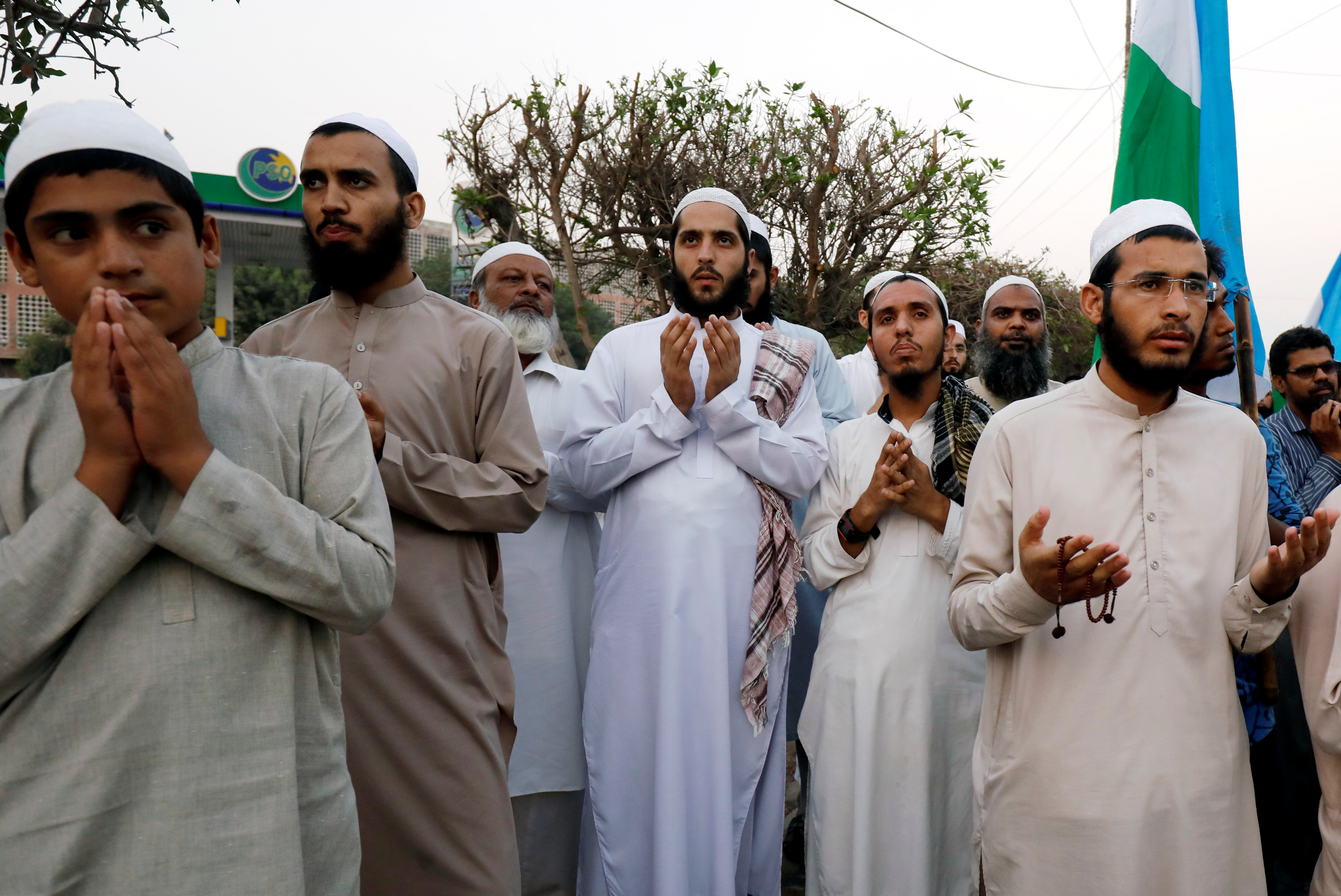
By Rina Chandran
BANGKOK (Thomson Reuters Foundation) – Conflicts over land and water flared across the world this year amid greater competition for resources and increasing hostility towards farmers and indigenous people, according to two reports published Tuesday.
At least 108 people were killed trying to protect their land from encroaching industries in 23 countries from January to November, human rights advocacy group PAN Asia Pacific said – compared to 91 killings recorded in the same period last year.
The Philippines was the deadliest country for a third year with 50 killings, or nearly one killing per week, it said.
Colombia recorded 27 killings, while Brazil had nine, with most crimes linked to energy, mining, plantation and logging industries.
“The landless face more risks than ever before, especially where the disregard for their rights converges with a conservative politics and an environmental emergency that the former heightens,” said Arnold Padilla, a regional coordinator at PAN Asia Pacific.
From Brazil’s Jair Bolsonaro to Philippine President Rodrigo Duterte, so-called strongmen politicians are stripping away environmental and human rights protections to promote business, Padilla told the Thomson Reuters Foundation.
The Philippines was also ranked the deadliest nation for land rights activists last year by another human rights group, Britain-based Global Witness, which recorded 164 killings worldwide.
A spokesman for Duterte did not respond to a request for comment.
In Brazil, indigenous tribes are facing escalating violence under Bolsonaro, with two indigenous men shot dead last week, not far from where a prominent tribesman who defended the Amazon rainforest was killed last month.
Meanwhile, a rush to build hydropower dams from Chile to Cambodia has uprooted tens of thousands of people and destroyed ecosystems they rely on, non-profit International Rivers said.
Collectively, dams have displaced more than 80 million people worldwide so far, and affected an estimated half a billion people, according to data compiled by International Rivers.
“Dams can exacerbate poverty and worsen conditions for people who earn their livelihoods from land and river ecosystems,” it said.
Chinese firms have become the biggest players in dam building, International Rivers said, as the country rolls out its Belt and Road Initiative, a trans-continental scheme with trillions of dollars in infrastructure projects.
Chinese developers have said they adhere to global environmental and human rights standards.
In the tiny Southeast Asian nation of Laos, more than 100 dams are in operation, under construction or are planned, bringing much-needed investment to the impoverished nation.
But the collapse of the Xepian-Xe Nam Noy hydropower dam in Laos in July 2018 killed dozens of people and displaced over 6,000, underlining concerns over their safety.
In October, the first hydropower dam on the lower Mekong River began commercial operations in Laos amid protests from Thai villagers who say the Xayaburi Dam and others in the works will destroy their livelihoods.
Hydropower could impact more than 300,000 kilometers (186,411 miles) of rivers by 2050, estimates International Rivers.
(Reporting by Rina Chandran @rinachandran; Editing by Zoe Tabary.





